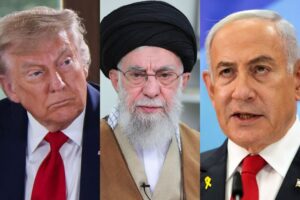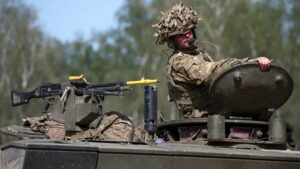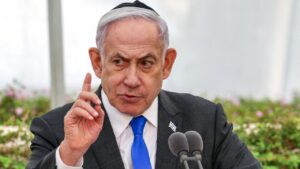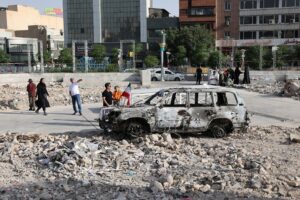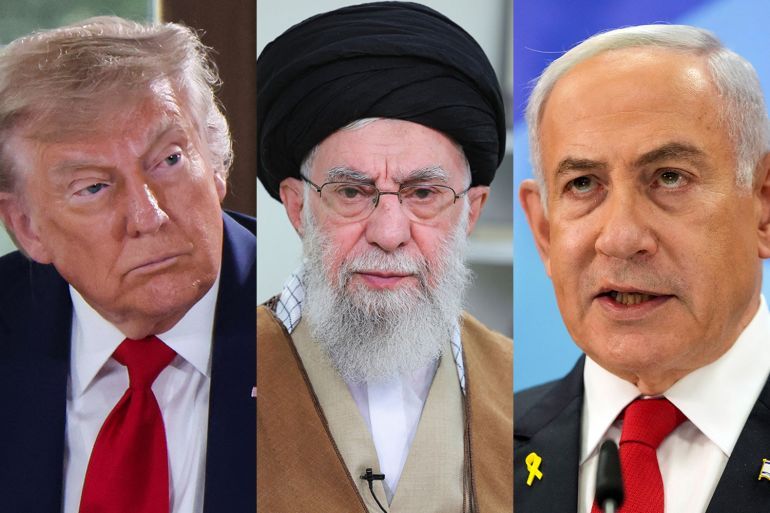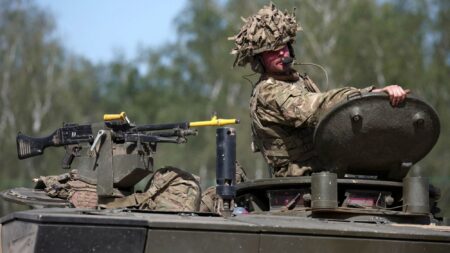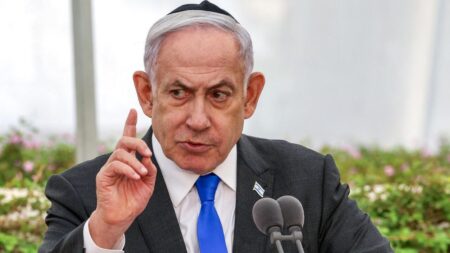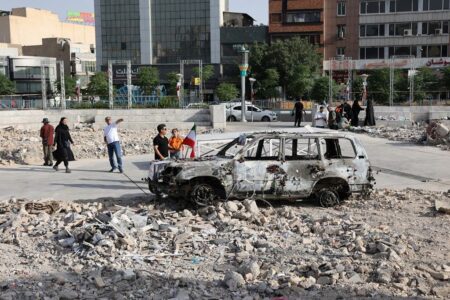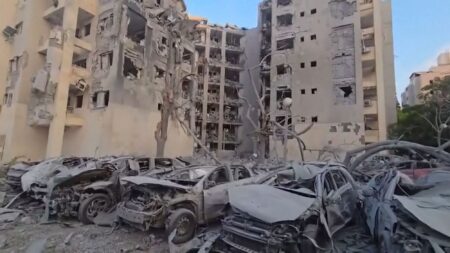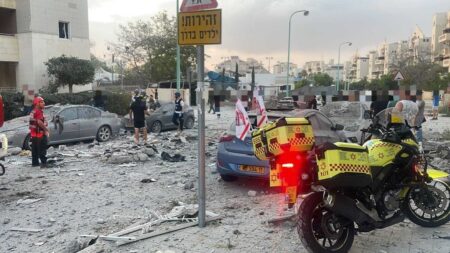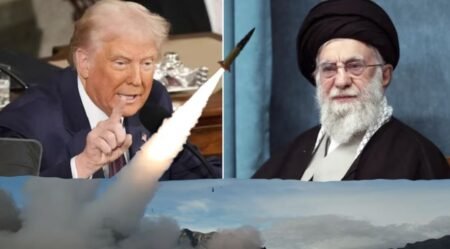By M10News Staff
June 24, 2025 | Washington, D.C.
In a dramatic turn of events, U.S. President Donald Trump personally intervened to prevent a major escalation in the Middle East, ordering Israeli Prime Minister Benjamin Netanyahu to recall fighter jets mid-air during a brief ceasefire with Iran.
Speaking aboard Air Force One en route to The Hague, Trump told reporters that he directly phoned Netanyahu after learning that Israeli warplanes were en route to strike Iranian targets in retaliation for missile attacks that occurred just hours into the ceasefire.
“I didn’t like what was happening. I told Bibi: turn the planes around. And he did,” Trump said.
The ceasefire, brokered with U.S. backing, officially took effect at 7:00 a.m. local time but was swiftly violated when Iranian forces reportedly fired missiles into southern Israel, killing four civilians and injuring over 20 in the Beersheba area.
Israel launched a limited retaliatory strike targeting Iranian radar installations. Trump said he was informed of the response and acted swiftly to de-escalate.
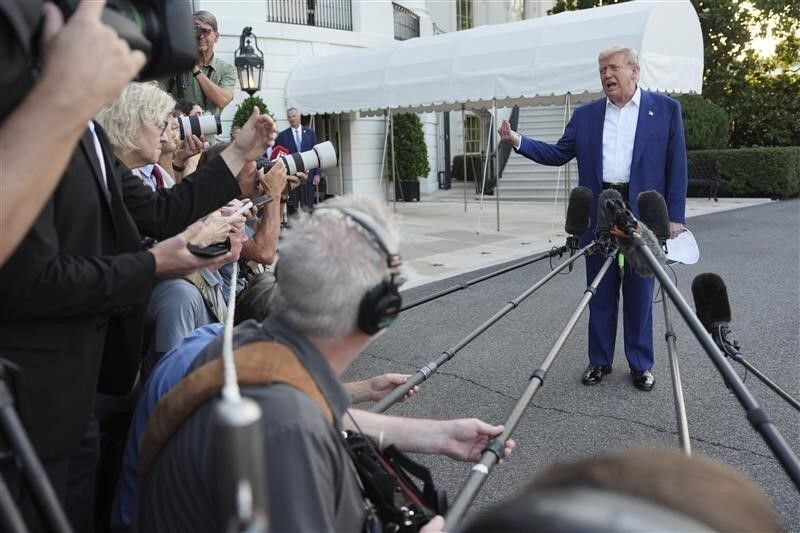
Despite the ceasefire breach, Trump signalled there would be no direct consequences for either side, emphasising that his priority is preventing a broader war and ensuring Iran does not develop nuclear weapons.
“The goal is peace, but also strength. We prevented a much bigger catastrophe,” he added.
Ceasefire Under Strain
While both Iran and Israel accused each other of violating the terms of the truce, Trump’s intervention may have temporarily averted further escalation. However, analysts warn that the situation remains fragile.
A senior Israeli defence official confirmed the jets had been recalled but declined to comment on Trump’s role in the decision. Iranian media, meanwhile, have downplayed the missile launches, claiming they were defensive.
Background
This ceasefire follows weeks of rising tensions and military exchanges between Israel and Iran, with international actors pressing for de-escalation.
Trump, who is currently facing legal proceedings at the International Criminal Court, continues to exert influence in the region through what critics call “improvised diplomacy” and supporters hail as “decisive leadership.”
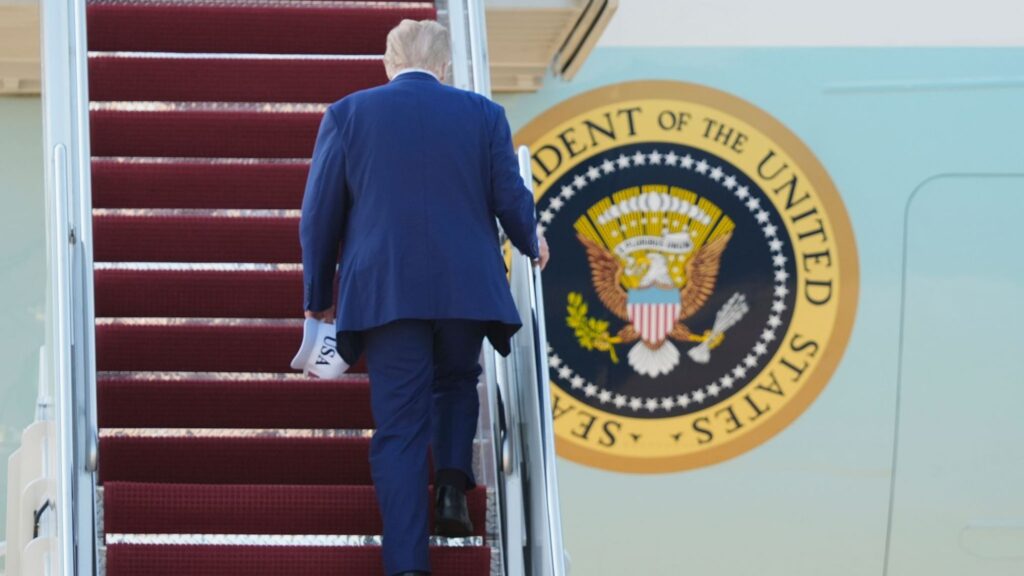
The podcast The Wargame, which recently explored Britain’s readiness for conflict, highlighted how modern diplomacy often hinges on rapid military decisions made behind closed doors—echoing today’s developments.
Stay with M10 News for continuing coverage of the Iran-Israel crisis and global security developments.


